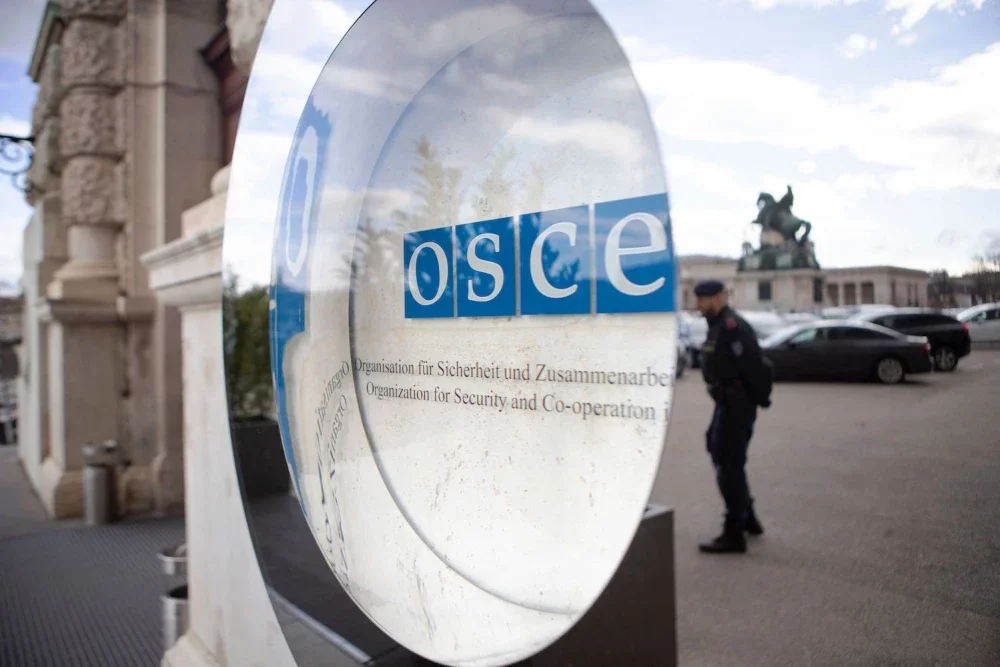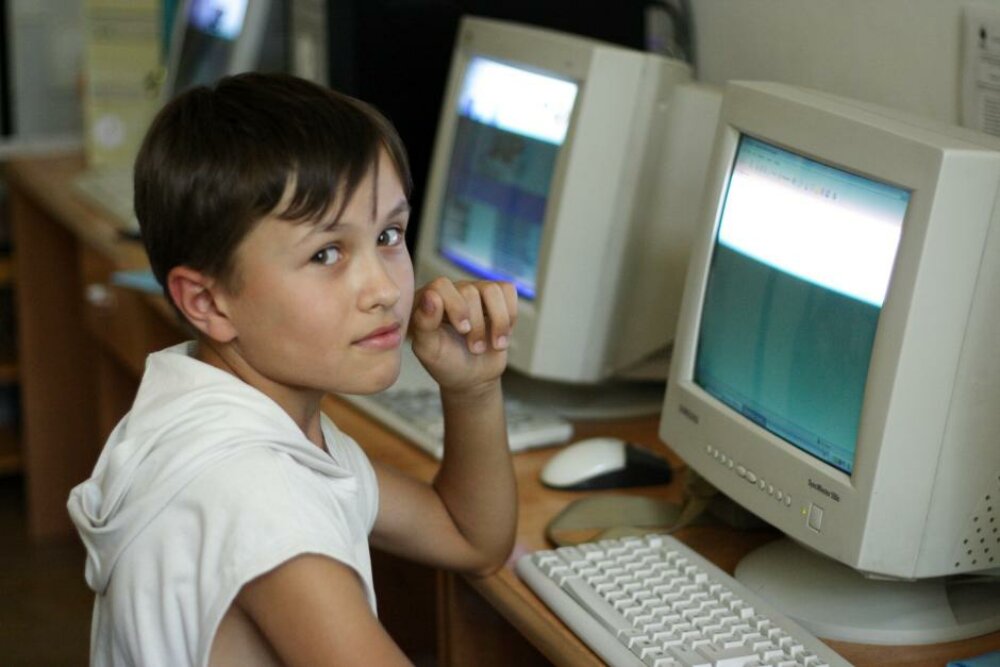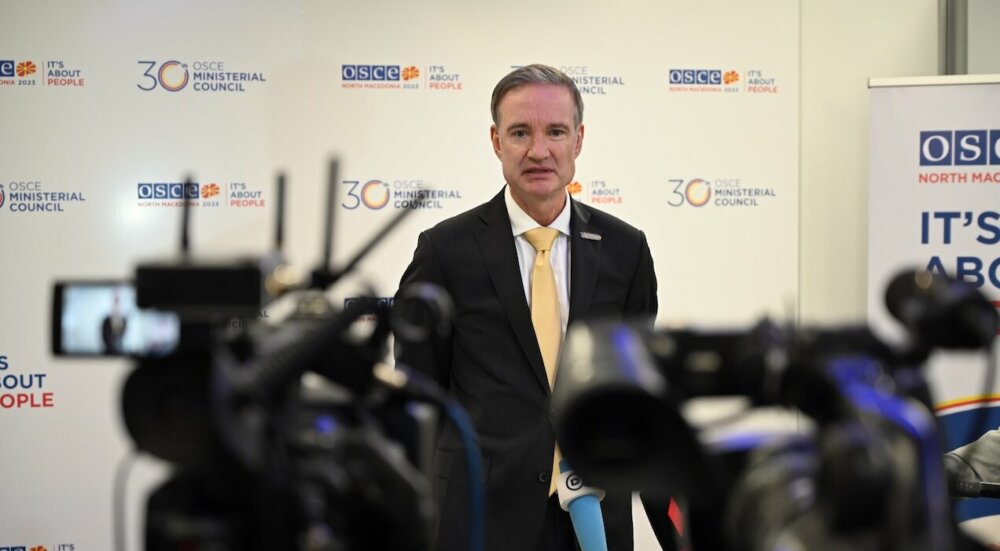OSCE observes Russian elections: nothing new?
Surprisingly this year the OSCE’S Office for Democratic Institutions and Human Rights (ODIHR) managed to get an agreement under which 260 observers were allowed into the country. Although this is less than at previous elections in 2003 and 2004, the number went considerably beyond what Moscow has been willing to accept in the past few years.
One may wonder, however, whether the Russian authorities are satisfied with the results of the OSCE’s observation mission which again observed serious shortcomings. As ODIHR’s head of the observation mission stated diplomatically: “These elections were like a game in which only some players are allowed on the pitch, and then the field is tilted in favour of one of the players. Although the choice was limited and the competition lacked fairness, voters were able to come out and have their voices heard”. Ambassador Heidi Tagliavini could hardly have said it more diplomatically and at the same time clearly: the elections were far from fair, but nevertheless they were fair enough to give a clear signal that the people are losing confidence in the ruling elite. I guess that the leader of the Communist Party, Gennady Zyuganov, agreed with this assessment, as the party leader stated that “the country has never seen such a dirty election” and described the election results as “theft on an especially grand scale”. Interesting to note that Zyuganov’s party was a big winner in the election. Both the EU and the US expressed their ‘serious concerns’ about the reported irregularities in the Russian elections.
The mission observed that “voting was well organized overall, but that the quality of the process deteriorated considerably during the count, which was characterized by frequent procedural violations and instances of apparent manipulations, including serious indications of ballot box stuffing” (see http://www.osce.org/odihr/elections/85753). The observers also noticed the absence of an independent election commission, mass media which were almost all biased in favour of the ruling party and unequal access to the media for the candidates of other parties. There were no reports of hindrances in the work of the OSCE observers. However, the work of the local NGO Golos, which wanted to observe the elections as a national team, became almost impossible after the authorities started a serious harrassment campaign against the organization which Putin himself labelled as ‘traitors’, probably because they accepted foreign funds to finance their activities. The organization was also the target of a cyber attack on election day which made its communications almost impossible. It shows how nervous the leading elite in Russia have become. This was also reflected in the ‘security’ dimension of the elections: probably never before have so many military and police officers been on duty in order to ‘guarantee’ the ‘orderly’ course of the elections.
The elections became a serious disappointment for the ruling party, headed by Prime Minister Putin and President Medvedev who will swap their positions in the presidential elections which are scheduled for March. It simply means that not much will change in the country and the Russian people make it clear that not all of them are enthusiastic about that. The “United Russia” party acquired about half of the votes, a loss of around 14 per cent, and as a result it also lost its comfortable two-thirds majority in the State Duma. For now, though, the process of ‘directed democracy’ in Russia seems to have continued.
It will be interesting to see whether the OSCE is allowed in to observe the Presidential elections in March….



Comments
* Your email address will not be published